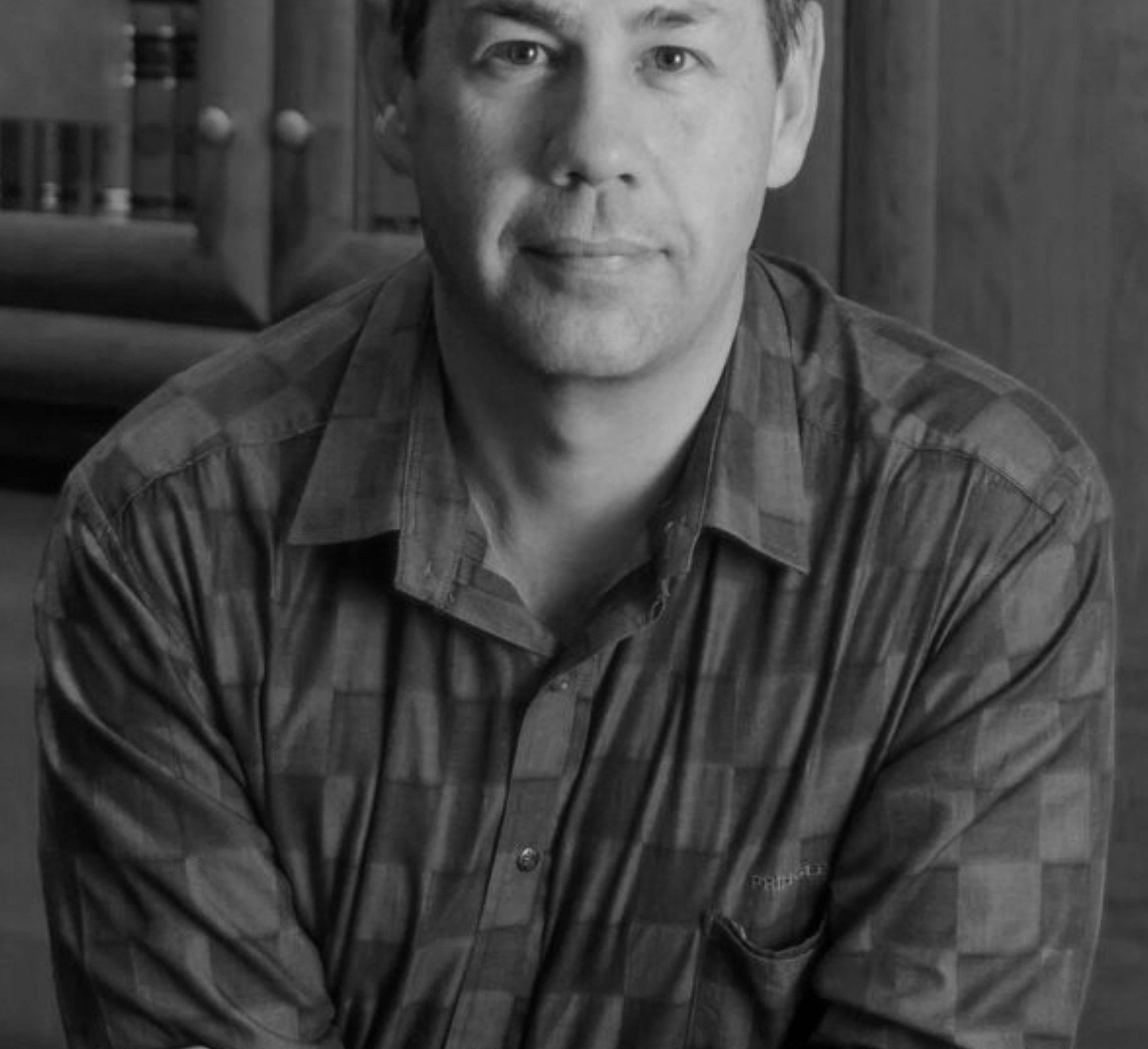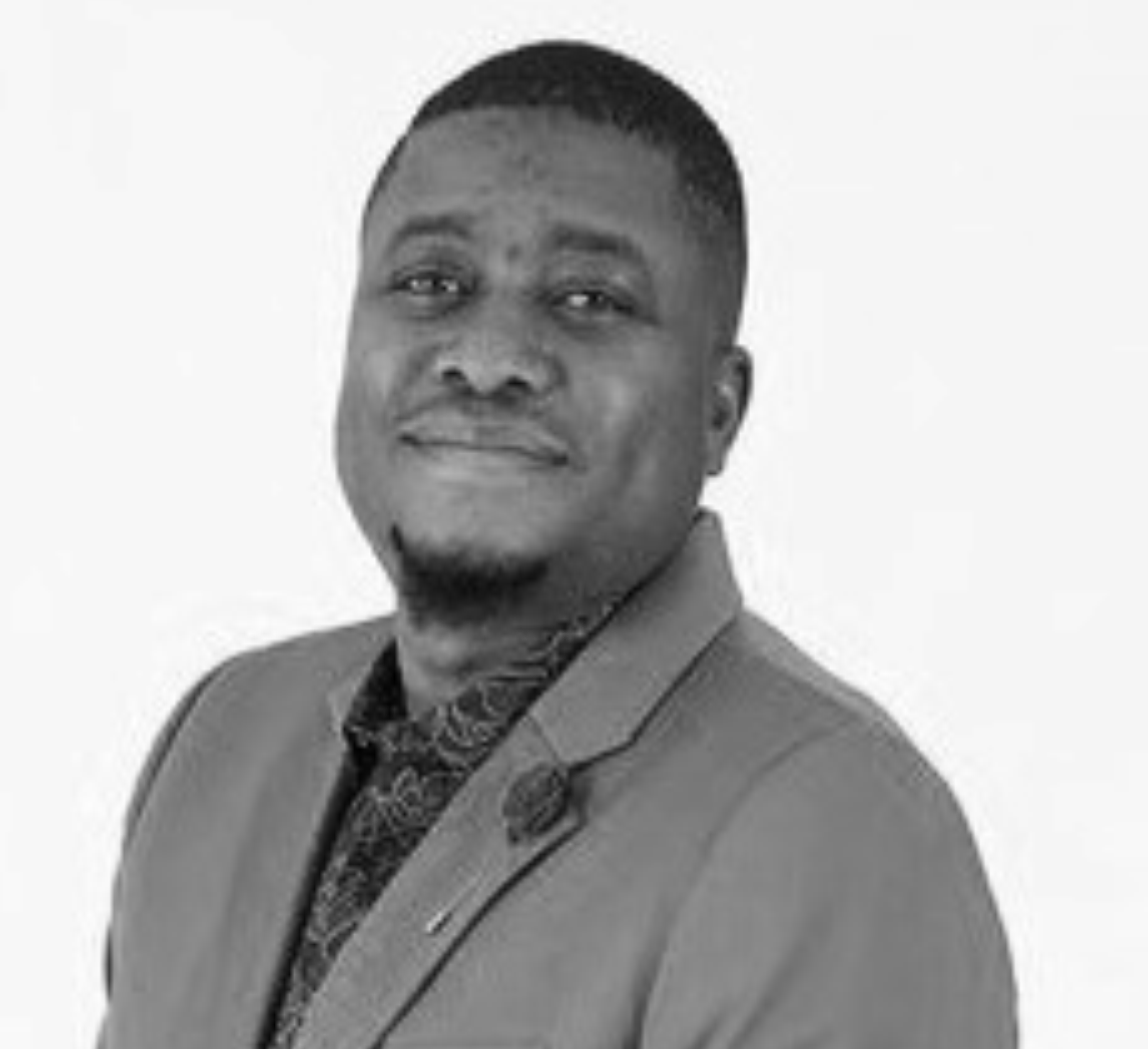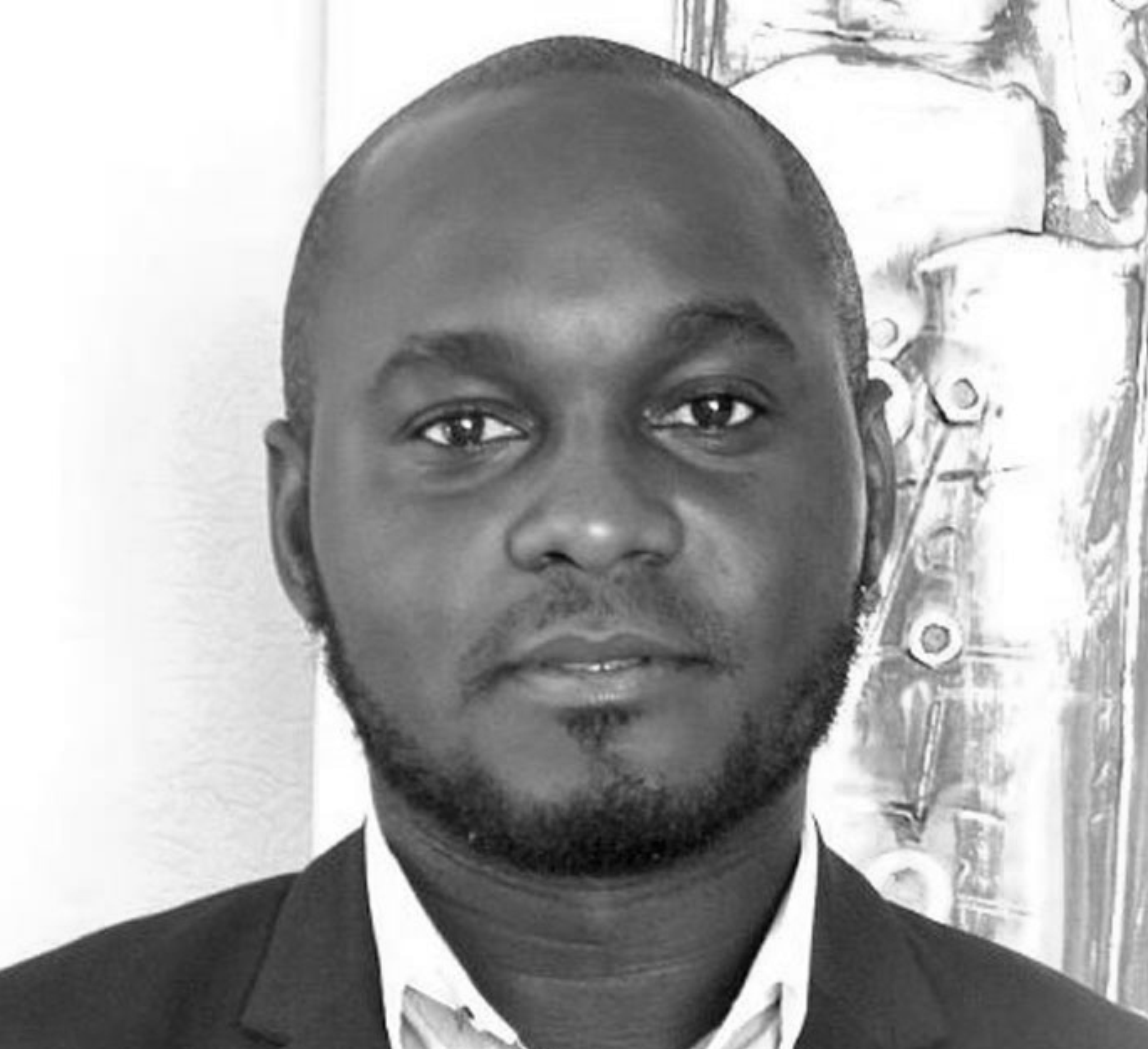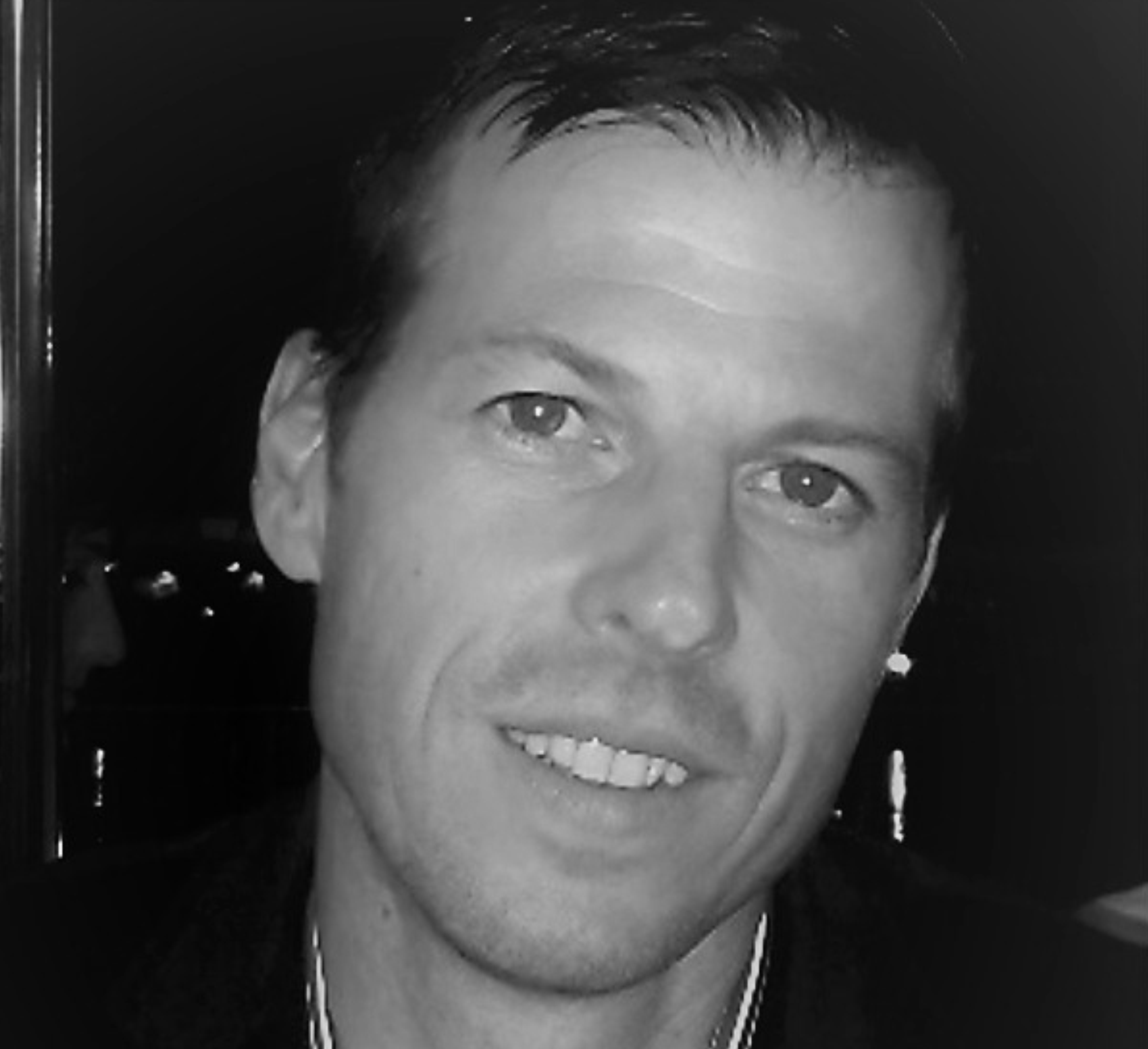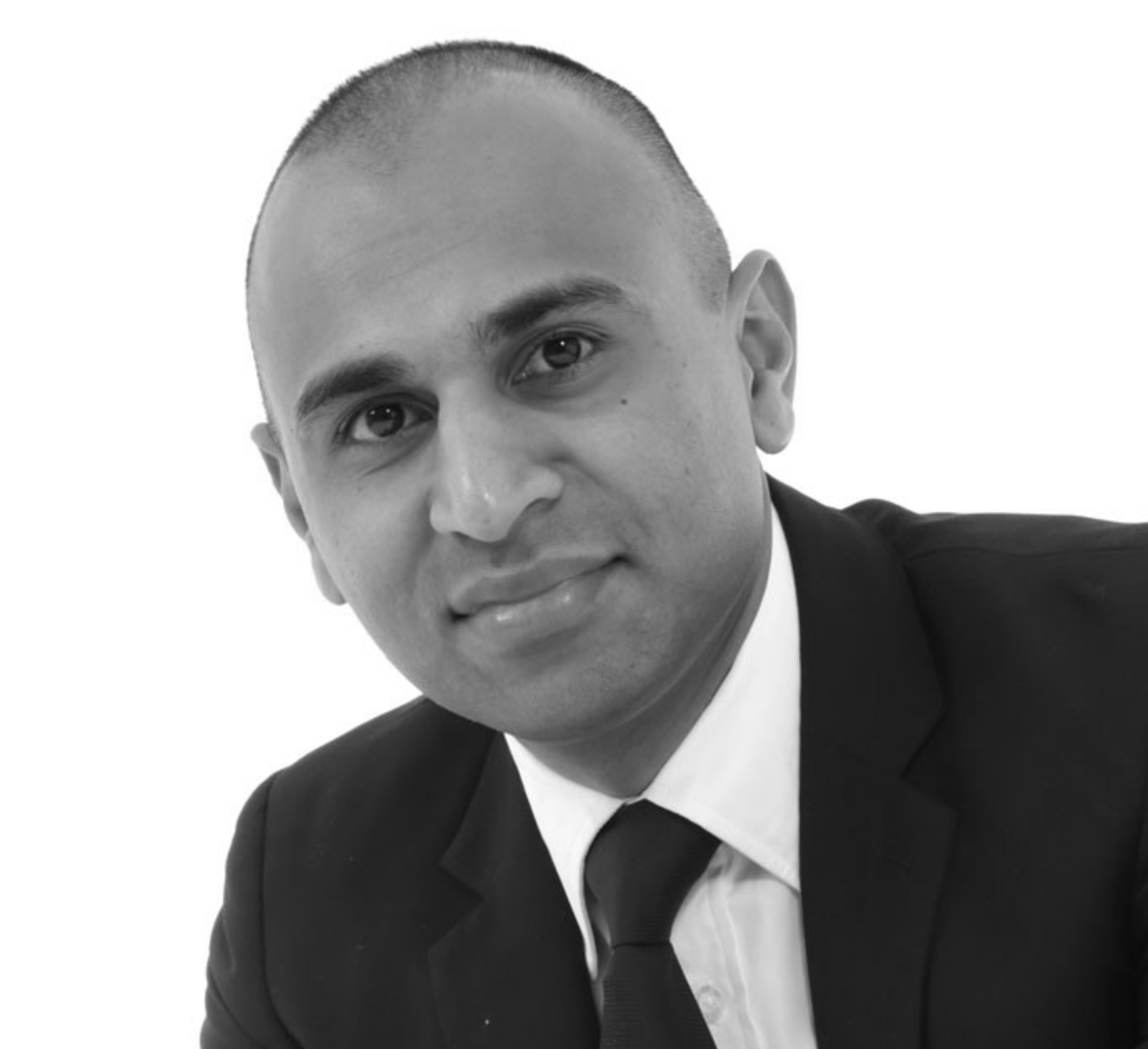102: Coenie Middel
Innovative Solutions to Reduce the Impact of Covid-19
Accountant, innovator and serial entrepreneur, Coenie Middel, has added five new projects to his growing portfolio of businesses focused on trend innovation.

CIARAN RYAN: Today’s podcast is sponsored by Draftworx, which provides automated drafting and working paper financial software to more than 8000 accounting and auditing firms and corporations. CFO Talks is a brand of the South African Institute of Business Accountants. Today it’s a pleasure to be able to talk once again to Coenie Middel, who is a serial entrepreneur and founder of one of the largest accounting practices, it’s got eight branches and more than 107 staff. He’s also the founder of a string of media companies, Dondoo Studio, which is involved in virtual and augmented reality, Talent Plantation, which provides new technologies in the field of education, Left Post Productions, offering post-production of commercial and films, and Tixsa, and online ticketing and event management organisation. Now, one would imagine that’s enough to keep anyone busy but when the Covid-19 pandemic struck, Coenie Middel decided it was time to step up his game and prepare for a post-Covid world. He immediately launched a worldwide research project and investigated 748 different ideas that had the potential to change the world for the better. That’s a very ambitious project, and in the end, he settled on four of them. First of all, Coenie, welcome to CFO Talks. I guess this is a very strange time for you, you’re running all these businesses and you’re also running this research project. Maybe give us a bit of background to this research project that you embarked on and how was it, what was the process that you followed in whittling down 748 projects to four?
COENIE MIDDEL: When there’s a pandemic like Covid-19 that affects the world, many people would just jump into action and would just start doing things. Remember the days in the beginning when people said no, you shouldn’t wear a mask and there are certain things that people immediately jumped out with. Now, looking back we have realised we should have a mask. So you can imagine when you have a problem, most people want to get into action very quickly, but that action might be the wrong action. Therefore, I took a decision that we needed innovative solutions to address the outfall of this pandemic. If you want to really find solutions, there are lots of ideas around but it’s all about finding the best ideas. Therefore, you’ve got to go on a structured journey when it comes down to creating solutions. So I called upon many professionals around the world to say, do they want to be part of a collective of really creating solutions that would alleviate the pain of Covid-19. Very quickly I put together eleven countries that said they want to join in and they want to participate in this. What is very important here is that we immediately said, listen, we’re not going to try and create a product that is a vaccine or something, we’ve got lots of companies in the world that are really specialists on it. We were looking at other solutions that could help the world in terms of education or the small businesses. We had specific goals in terms of this project, but it wasn’t vaccine related and that’s how it started. We got these eleven countries on board and that enabled us to work with specialists around the world to come up with real viable solutions.
Five new projects in summary
CIARAN RYAN: So just explain in brief terms, the projects that you eventually settled on and why you think they have the potential to change the world for the better.
COENIE MIDDEL: We raised 748 ideas in this process, and we whittled them down to five business cases and viable that we have tested as well. The one was focused on a thing called Food Call, which focuses on how do you help people who are in need of food, there are lots of people who have lost their jobs. There are lots of inefficiencies when it comes down to food, if you think about it, government is so well known for wasting money. If you think about it, people in rural areas waiting for food, they’re standing in queues waiting for trucks to arrive and with the trucks there’s a lot of logistics involved and so on. We estimate around about 40% of the money that government spent on these food initiatives was all money that’s going into logistics and other pockets. So there’s a lot of waste. So it was very much a Food Call to eliminate the 40% waste locally and internationally. Covid Busters was another project where we said how do we help in terms of managing Covid at the work environment, and also what happens after Covid. Now if you’ve had Covid, do you suffer from other medical consequences? In actual fact we knew that Covid was going to be bad for you even after you have recovered. We created Covid Busters in terms of technology that we developed for helping companies manage their staff, and the health and wellness of the staff. So that’s the Covid Busters. Then we worked on, there are a lot of people sitting at home, particularly elderly people, who their friends can’t visit, and their family can’t visit, and there was the whole digital divide where people can’t properly operate their computers and stuff like that. So Tech Scout was created to help people bridge the digital divide. Then we also focused on the education side, with people now sitting at home, teachers are losing contact with the learners, and there are so many amazing teachers out there and how do we help them to create content, online content that’s immersive and that learners want to watch wants to. So that we not only can do education but just improve on the education because education has so stagnant. So that initiative is called Universal Teacher. How do you help teachers create content, engaging content with learners, also a very successful project. Then the final one is called Wenovation, it is to say organisations that are social organisations, that are non-profits that are taking care of a lot of people. If you think about the need that they suddenly have now, compared to what they had in 2019, since 2020 in 2021 and the years ahead of us, these NPOs and caring organisations, they need to innovate themselves to be able to do more with less, they need funding yes, but they also need better ways of looking after the people who are in need and so on. So that was the start of Wenovation, a project of helping those types of organisations. That’s a bit of a quick rundown of these initiatives.
CIARAN RYAN: Let’s just focus on one or two there. I’m quite interested about the Universal Teacher because my daughter is a schoolteacher, for example, and she was using Zoom to reach out to her students. So a lot of schools, even Curro, they’ve now got this hybrid model of classroom and online. So how has Universal Teacher, you did mention that it’s mainly about providing content, maybe just drill down a bit into that and explain how that works.
COENIE MIDDEL: So you’re right by saying that most teachers are used to being able to teach in the classroom in front of the learners and they are not necessarily so well equipped to use the latest digital technologies that’s out there. Universal Teacher is involved, for instance, with universities around the world at the moment, in terms of university students. What Universal Teacher is doing is that it utilises and shows the use of like small little 360 cameras that you can buy a commercially, you can buy them at a tech store and so on, and how to utilise that type of technology in the classroom environment, where, for instance, you now can take the learners on a virtual tour and the learners do the virtual tour themselves. So for instance, if they wanted to go and visit the museum, how the teacher would use that technology that’s a very affordable. Teachers used to take their learners themselves to museums, for example, a science museum or a war museum or natural history and so on. But now utilising this technology, you could have all these learners online, experiencing a journey like that and in actual fact, get a much better experience than what would have been the case if they were there in person, because they can get much closer to certain items, that’s just an example, than what they would generally be allowed to at the museum itself. But then also helping teachers in terms of the way they would film and use free online tools to create online content that learners could watch as well. There’s a multitude of tools that we made available to teachers and we’re working very closely with schools internationally, as well as universities in terms of Universal Teacher. Learners have obviously responded very, very positively and they love the types of technologies that we’ve showed and that we’ve developed are very immersive and very engaging and you could either use the phone or you could use a tablet or you can use your computer. Even if you have a headset, which most people do not have, but if you had access to Google Cardboard you could have a really entertaining and engaging experience on the education front. We’ve developed a mathematics Universal Teacher for high school learners, all in animation, taught by aliens, aliens giving the class, and the beauty about aliens is that they are multilingual. They can teach in German, French, Afrikaans, English, Sotho, Zulu and so on. So that’s the medium that we chose, and the teachers then use that animation just as an additional inspirational source for the learners.
Universal Teacher provides an interactive platform for learners everywhere.
CIARAN RYAN: I have actually been to your studio in Johannesburg, Dondoo Studios, and it was quite fascinating. I’d never seen anything like that before. You talk about this immersive experience and one of the things where you put on this a headset with goggles and I think it was training video for the mines, where you were teaching safety protocols to miners, and you’d be standing in this room, but right up next to you would come this truck and the truck door would…you’d have to open it and you’d have to do certain checks and comply with certain safety regulations. It’s just absolutely fantastic, it was like you were in the mine. So this is the kind of thing that you’re talking about but putting it into the classroom, am I correct?
COENIE MIDDEL: We are developing very highly sophisticated interactions and virtual reality for big industrial mining companies that are helping to improve safety and that are focused on safety. Virtual reality is certainly a tool for big mining companies that is very affordable, compared to the historical simulators that they purchased at high cost. Virtual reality was a breakthrough in terms of simulation but what is very important is that that type of technology is expensive for schools, it’s not affordable for schools. Therefore, Universal Teacher said, okay, fine, how do we take these immersive experiences and deliver them at a very, very low cost. We’ve managed to achieve that through the technology, the cameras that we use and the software that we use, allows you as a child…you don’t need a headset to interact with it. You can just use your phone, it’s just like a game, you can move forward, and you can direct yourself. So it was a breakthrough for education in terms of general education, in terms of schools and universities, the types of platforms that we developed, enables a learner, any learner with a smartphone or a computer, to engage with it. So we have the high end, as you say, the vehicle simulators or mining conditions where it’s dangerous and where you’re working with chemicals, we certainly do that. But Universal Teacher took all those lessons learnt and the technology that we have in the studio and obviously come up with something that’s much broader. If you think about education in the rural areas, where are you going to find a good maths teacher, where are you going to find a good science teacher in a rural school? You have to use technologies like mobile phones, and the teachers have got to use a computer maybe and project that and show the children there. But the content is key and we have found a way of producing that content at a very, very low price. The biggest hurdle in this country is to get learners in rural areas to get the same education as you get in a private school. We really believe that what we’ve now come up with will create level playing fields. It’s always great having a teacher in the classroom because the teacher is not just about education, it is more facilitating these days, the teacher is more there for encouragement and helping in other ways, as more of a coach. But the content is, I can create content in the studio at a much higher level than what a teacher can do by themselves in the classroom. That is unfortunately the hard reality, but the teacher plays a much bigger role. Therefore, content is more of a help, assistance to the teacher. It’s very, very important where we’re moving, the direction that we’re moving into the future, the teacher plays a big role. It’s like if you wanted to shoot a film of something, you can’t just shoot a film live, you’ve got to create the set and you’ve got to create certain conditions to create the best type of content.
CIARAN RYAN: Let’s talk for a minute about Covid Busters, which is this app that you developed to basically manage your health and wellness. It does seem like a fairly logical project to pursue. But there are several other apps in existence. So how is this one different?
COENIE MIDDEL: Competitors jumped on the wagon in terms of creating an app whereby you could look at the risk of Covid, for example, either it’s advice or it’s a questionnaire that you fill in. Therefore, employers required their employees do to go through this questionnaire every morning before they come to work to make sure that they haven’t been exposed to somebody that’s already got Covid or that they’ve got the symptoms. Our view is that the physical and mental wellbeing of an employee is critical, and it’s always been critical, but companies do not realise enough that the real assets of a company are the people. So this app that we’ve created called My Health Monitor, that’s what it’s called, it originates from an app that was developed for the Olympic teams. All the top sports teams in the world use this technology for athletes to train and for their coaches to monitor their wellbeing and their health. It’s obviously been tested over many years and we took a decision to say, okay, how do we utilise that technology that our top athletes are using and bring it back into a corporate environment. So the app is designed therefore to monitor your health, and that’s physical and mental, and you would capture information on this app on a weekly or a daily basis. It’s very, very quick, it’s very easy. You can use any smartphone, any tablet, any computer, so it’s universal in that sense. It also gives you advice in terms of what you should do about certain conditions, if you’ve got a certain pain somewhere, obviously, if there’s an emotional issue, as an example. It’s got certain alerts, so if something happens to you that is of real significance, your medical doctor will be informed or your employer will be informed. If you think about the fact that a lot of employees are working from home, what is it doing to them psychologically? What about people who are living with domestic violence and the employer wouldn’t know it, unless he’s got an app where he can manage and where he can see the wellbeing of his employees. Previously we used to walk into the office and somebody would greet you but now they are not necessarily there. Many more people are working from home. So this app is a dashboard created for the employer to see how well are my employees doing, are there any concerns, should I attend to something. For instance, despression, are people depressed, and the app keeps a whole medical history. So it’s extremely helpful when an employer wants to manage the wellbeing of the company’s assets, which are people.
‘We are all in this together, we need to fight this thing and make the world a better place.’
CIARAN RYAN: What else are you working on, anything else exciting that’s coming out of this research laboratory that you’ve created?
COENIE MIDDEL: What’s become very clear is that Covid is going to be with us for some time and it’s mutating all the time, there are new versions, there are new strains. So we have got to continuously have a look at these innovations, ideas and business cases because what’s very important is that out of the 748 ideas, we’ve got these five. When you proper work on something and you really brainstorm and you test your ideas and so on, and you have the patience to say, okay, fine, these are the good ones. It’s just shown us that the work that we’ve done on is really starting to pay off because most of us would have thought that Covid is going to be gone by now. In actual fact no, not the case. I think that we all are refining some of these businesses and initiatives but we also welcome other people who want to join in and collaborate with us. We are all in this together, we need to fight this thing and make the world a better place. Internationally we have seen a lot of development in terms of these five initiatives and we will continue to expand on them. We haven’t really been able to work on a lot of new stuff because we are really focused on these five, of the 748 ideas, there were many other good ideas as well, but they just didn’t make the cut at that point in time.
CIARAN RYAN: And of the five innovations that we’re talking about, which one has had the quickest or the most enthusiastic uptake?
COENIE MIDDEL: That would be a Universal Teacher and Covid Busters. Those two would be the front runners currently. The others are trailing behind but these two are the major ones that are really doing exceptionally well. I think the others, as we see problems with food becoming more and more of a problem, things like Food Call will really start playing a bigger role, and the same for Tech Scout and Wenovation. I think it’s just a question of time and where the need really becomes critical. But that’s given us enough time to set up the systems and structures to address those needs.
CIARAN RYAN: Okay, now ties this all back to the business and accounting world, because we are talking to CFOs and finance executives. Give us your thoughts on the future of business, looking five years ahead, and what do these innovations mean for accountants and CFOs? Can they participate in it? Can they somehow get involved in this? Should they be interested in it? Just tie that back.
COENIE MIDDEL: The interesting thing is that we as an accounting firm have been very involved in helping companies with their strategy and innovation, which is not traditionally the space where people see accountants. But have with really done well in this space over many years and we do believe that the accounting role has changed significantly, whereby we now have systems and computers that can help you with your historical record keeping. An accountant should play a much more active role in the co-pilot of a business. We are extremely busy helping clients, corporates, small businesses, medium businesses, in terms of innovating, changing their business for the future. I think that what is very important is that most businesses realise that they can’t keep on doing things the way they did before. If you always do what you always did, you will always get what you always got, that’s what Einstein said. I think it needs really innovation, businesses cannot survive with just a pure thought of incremental improvement, you can’t just slowly, slowly change your things because the candle maker, if he just kept on improving his candle, you’ll never get to the light bulb. My advice to businesses is that you’ve really got to innovate, you’ve got to improve every day. But you really have to make big jumps and that doesn’t come just by itself, it comes with following a proper process to really come up with thinking out of the box. Most people think that they know their industry very, very well and, therefore, they can just come out with those great ideas. But most of the time, people who are outside of your industry come up with some amazing ideas. So sometimes we are limiting ourselves, we sometimes think we know it all in our industry and that’s where we make the big mistake. So it’s very important that you bring inspiration from other sources in when you are redesigning your business. So it’s game on or it’s game over, one of the two.
CIARAN RYAN: Okay, final question, what books should we be reading to better understand this world that we’ve entered into it? You did say that Covid is going to be around a while. Everything has changed, businesses and finance managers are under extreme pressure and stress at the moment. So what books can they read to better understand this world?
COENIE MIDDEL: Well, I think it’s very important that people just come back to reinventing yourself, if you want to reinvent yourself and your business, you would have to innovate. People think innovation is about a product but no, it’s your profit model, it’s your brand, the customer engagement, all these things that you need to innovate. A very good book to read on that is Ten Types of Innovation: The Discipline of Building Breakthroughs by Larry Keeley. It’s a very well-known book and I would certainly advise people to look at that. Another good book is Trend-Driven Innovation: Beat Accelerating Customer Expectations by Henry Mason and David Mattin. Another one is The Innovation Expedition by Gijs van Wulfen, it’s a very good book to read in terms of the journey that I have to take going into the future. It just sets it out very clearly in terms of how do you do it, it’s a question of how do I innovate myself, it’s interesting and very, very important. So those are three books I think that certainly would be very useful for people to read.
CIARAN RYAN: Great, Coenie Middel, we’re going to leave it at that. Thanks very much for coming on and talking to us on CFO Talks today. I do want to check in with you again and see how this is going, and if you’ve come across any other innovations that you want to share with us in the future. But what a fascinating discussion and what an adventurous thing to do at this time to drop
your day-to-day work, lift your head up and actually look at the future. I really want to commend you on doing that because I don’t think many people are doing that. Your focus on the future and innovation I think is just inspiring. I really hope that CFOs and finance executives who listen to this get a message out of that, and I’m sure that they will. So I want to thank you so much for coming on. COENIE MIDDEL: It’s a pleasure, thank you very much.

